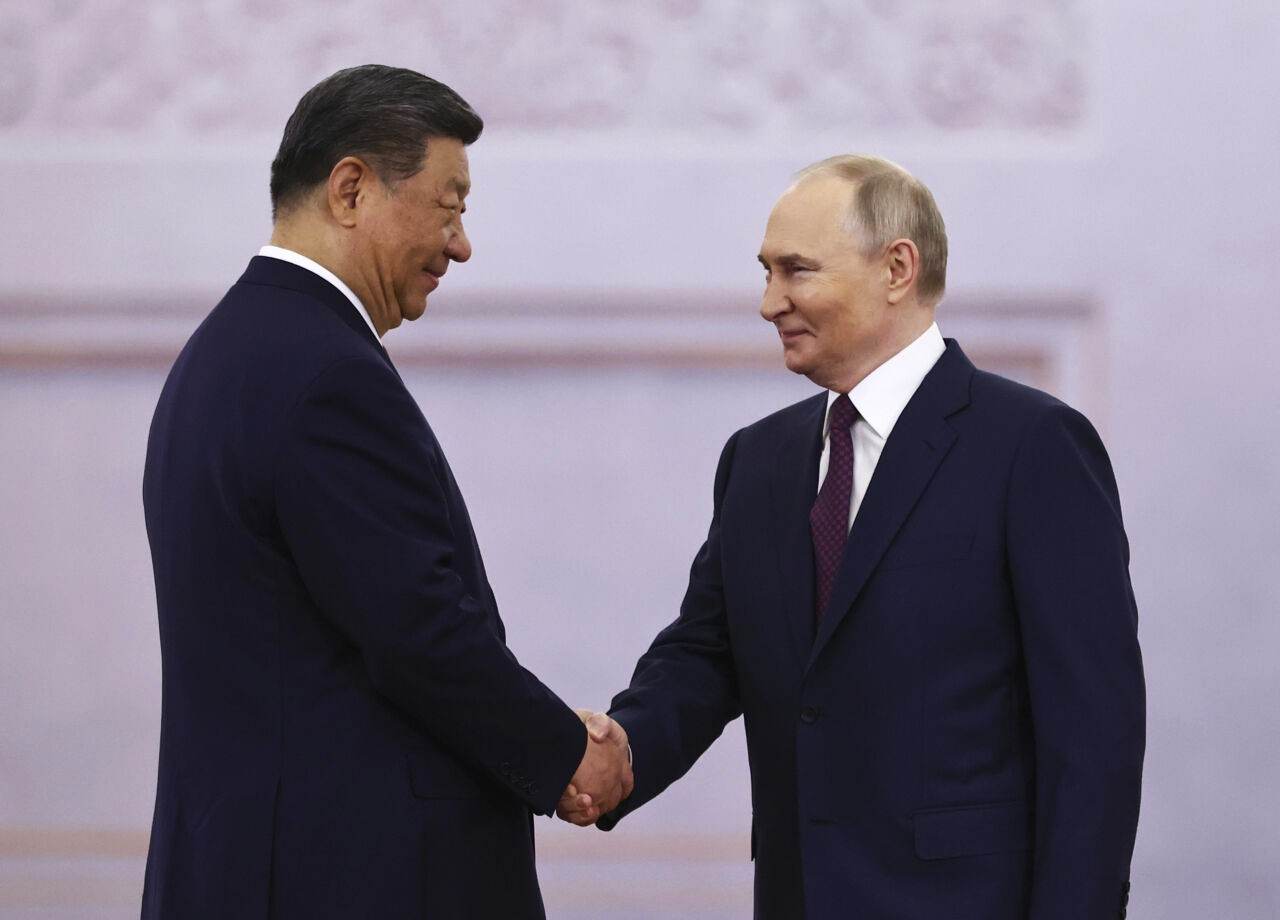Economic doctrines
Mutual obligations

The economist states that his profession must bear some of the blame for the rise of right-wing populists. Collier argues that market-radical doctrines, which gained traction in the past four decades, have distorted social reality. It is plainly not true that the public good results from every individual acting in a spirit of radical selfishness. According to Collier, Adam Smith pointed out that altruism does not lead to prosperity and that self-interest is all right. However, the Scottish philosopher also argued that society depends on mutual obligations. Collier insists he would never have endorsed any kind of “greed is good” motto. Promoting such thinking, Collier warns, actually encourages egotistical attitudes.
In the eyes of the prominent development economist, private-sector companies must do more than strive for profits. They must also provide staff with a sense of purpose, and take into account the needs and interests of various stakeholders. Legislation should force it to do so. By contrast, market-orthodox policies have widened social disparities.
According to the scholar, economists owe the public three “mea culpas” for having promoted overly simplified policies:
- While it is correct that international trade increases the aggregate prosperity of all countries concerned, it also makes a considerable number of people worse off. The gains of trade must be redistributed fairly, with winners compensating losers.
- While it is true that excessive regulation is harmful, too little regulation is destructive too. For example, multinational corporations find it easy to avoid taxation because their complex networks of subsidiaries in many countries are not regulated coherently (see focus section in D+C/E+Z e-Paper 2018/01).
- While migration is beneficial for migrants who find better paying jobs abroad and for the companies that employ them, the impacts on low-income families in host countries can be harsh as competition for low-cost housing and decent jobs intensifies.
Public policy has not risen to these challenges, Collier writes. More generally speaking, he wants societies to be guided by three kinds of obligations:
- Those in desperate need deserve to be rescued.
- Everyone benefits from systems of mutual obligations.
- Those systems can and should be expanded in a spirit of enlightened self-interest.
The scholar applies these principles to international relations too. For instance, the global community has established agencies like the World Food Programme or the World Health Organization, which basically serve the duties of rescue. The UN Security Council safeguards peace in line with mutual obligations, but can only be effective if permanent members do not obstruct joint action. Collier warns, however, that some international organisations have become “quasi-imperial bodies”. For example, the International Monetary Fund (IMF) was initially meant to be a kind mutual bank, but the advanced economies turned it to an agency that imposed their policy choices on countries in need of support (see focus section in D+C/E+Z e-Paper 2018/08).
Collier’s assessment of European affairs is similar. “The EU is no longer unambiguously a mutually supportive club”, he writes, “it has increasingly become powerful countries telling other countries what to do.” The inner group, according to the scholar, is currently at loggerheads with eastern members, southern members and Britain.
Collier wants capitalism to be regulated well. Markets generate prosperity, which can and should be shared in a sense of mutual obligations. The way for the developing world to fight poverty is to create business environments that attract responsible investors as opposed to mere profiteers.
Collier makes sense. While his short book cannot offer solutions to all pressing problems, it helps to explain why right-wing populists are gaining influence in advanced nations. What it does not address, however, is why people who feel left behind vote for irresponsible politicians who quite obviously will only make matters worse.
Reference
Collier, P., 2018: The future of capitalism. Facing the new anxieties. London: Allen Lane.













